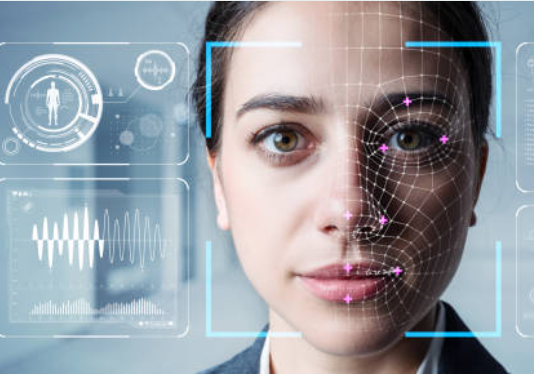This post elaborates on my RNZ interview about the Ministry of Social Development (MSD) rolling out Facial Recognition Technology for beneficiaries to self-identity online without the need to visit a MSD office, despite the well documented racism and bias of the systems.
The Ministry of Social Development’s decision is lacking a privacy, human rights, and ethics framework – though this was a must-have, it said, and with no consultation with Māori, a total disregard for international research and literature that shows the bias and racist way the technology impacts People of Colour such as Māori and Pasifika.
It was also revealed by RNZ that the Facial recognition technology has failed half the time in tests of a landmark government system, adding to the costs, time and questions around it. OIA documents obtained by RNZ raise the prospect of the system failing even more on Māori. This reflects the media statements by the NZ Police with their tests.
More disturbing is the lack of care by MSD that Google analytics is being used in the system. The way Google Analytics sends metadata back to the US for processing has fallen foul of regulators in Austria, Denmark, Italy, France, and the Netherlands this year. This is a clear breach of the WAI 25222 Waitangi Tribunal recommendation that Māori Data is a Taonga and subject to Māori Governance.
The MSD Māori working group chair Toa Faneva admitted that the system would have racist tendencies by saying “There will be some instances where that racial bias will come through in the current iterations of the system.”
The issue here, with all due respect, is a layman opinion about a serious and emerging technology that is controversial and proven to be bias and racist, that will have immediate and intergenerational implications for Māori and Pasifika individuals and families. The research and literature is copious and freely accessible proving these points.
The DIA, Office of the Privacy Commission, New Zealand Police have all consulted and found issues with Facial Recognition Technologies including being racist and bias issues with Māori, yet MSD still insist on implementation with beneficiaries.
There are many unanswered questions, for example: Why are beneficiaries being subjected to a racist system that is well proven to be racist and bias? What protections of coercion by staff to make beneficiaries use the technology, what considerations about the publicity by beneficiaries of humiliation and racism by MSD staff and the fact this may be the only option some Māori feel safer with, Why are beneficiaries being used to train international technologies to recognise Māori and Pasifika faces with no regards to the human impacts of these people and their whānau? Why is MSD assisting international corporations with data that will be owned by those companies?
There will be a high degree of cultural appropriation and tikanga breaches with facial moko. The image of the moko will be copied, analysed and stored somewhere in the world and sold to other identify providers, along side people’s images. How do we repatriate images of our dead once we no longer have ownership rights of the image that MSD have and given legal rights to an international company?
There are other more general risks to consider. Many use Facial Recognition for online banking or to unlock their phones. So, beneficiaries are without their knowledge giving MSD and other companies their passwords to their private lives. What is to prevent MSD form lobbying to use beneficiary faces in the future to check for benefit fraud for example?
I would argue this a breach of Te Tiriti and Human Rights.
Historically, the MSD (of the time) in the 1960s without consultation with Māori, implemented the Hunn Report that recommended Māori move from their rural homes into the cities for work and education. Those impacts are still being addressed now by all New Zealanders. The roll out of racist Facial Recognition Technologies is another intergenerational weapon, but this time with the approval of a Māori reference group who appear to not have the skills in this area to make an informed decision.


Leave a Reply
You must be logged in to post a comment.